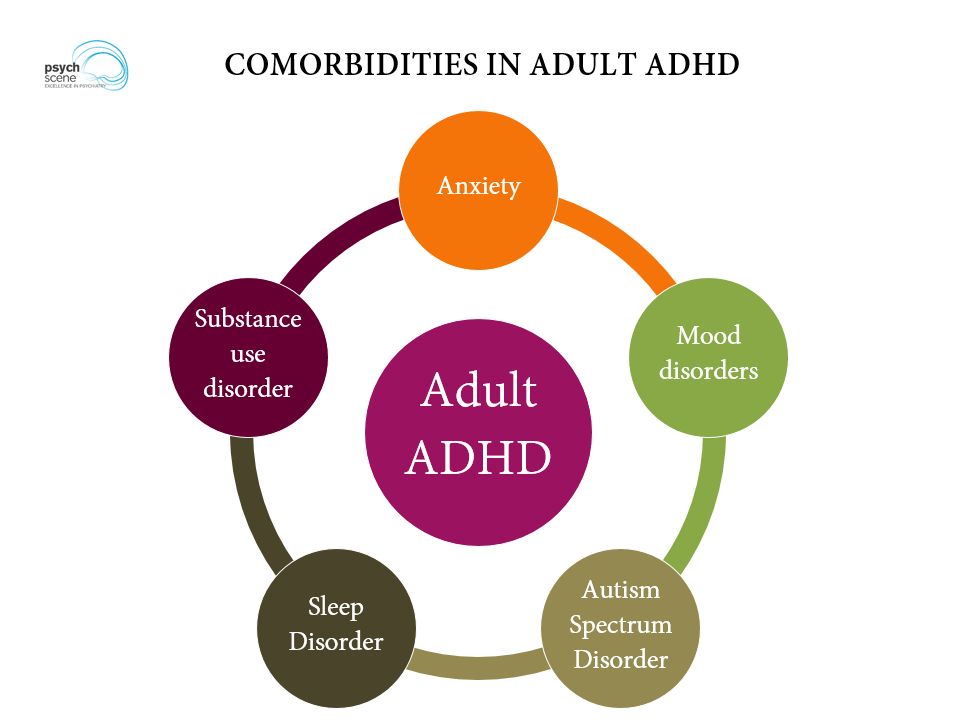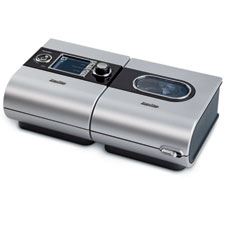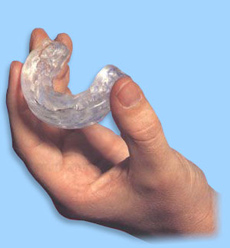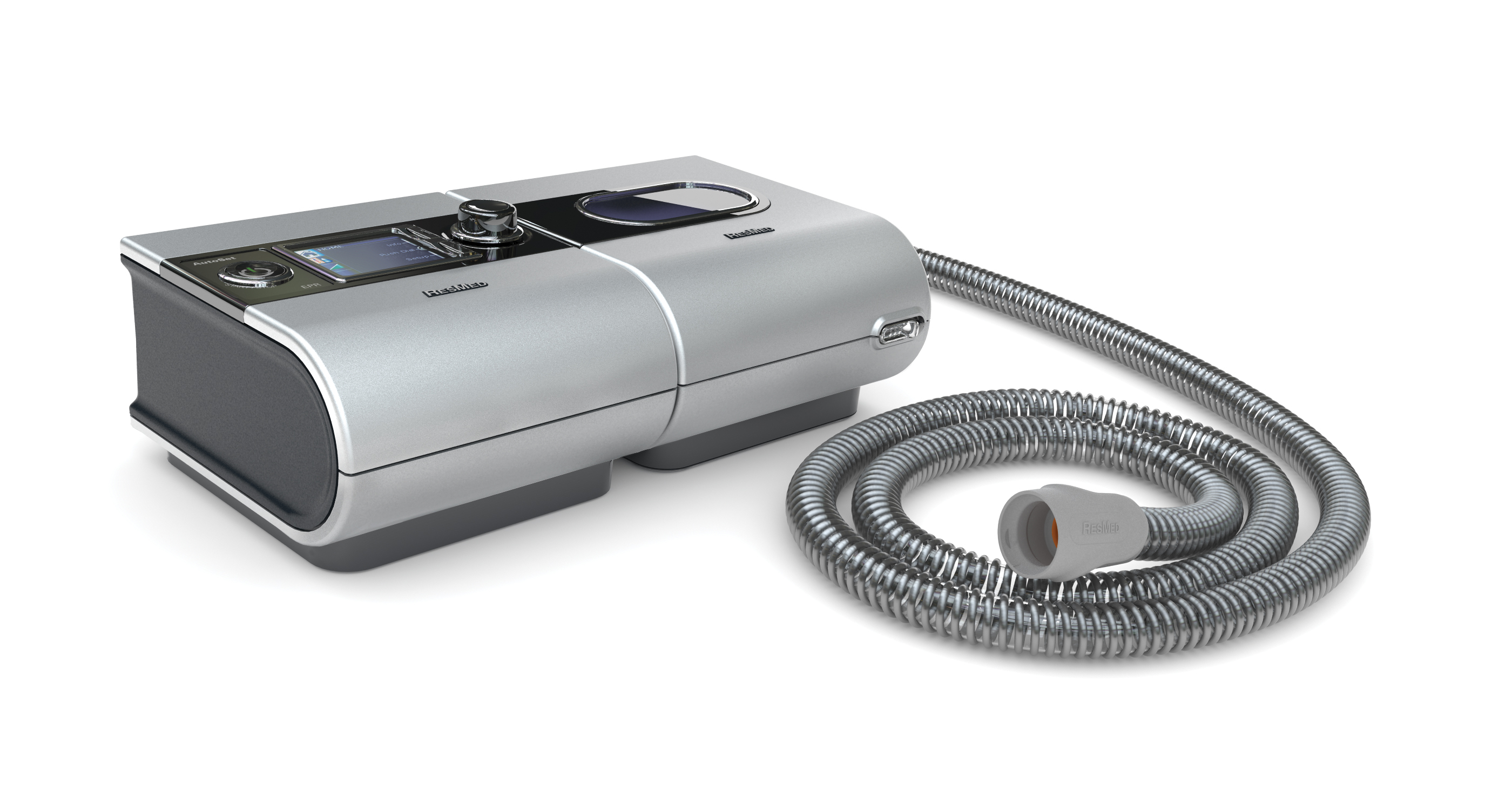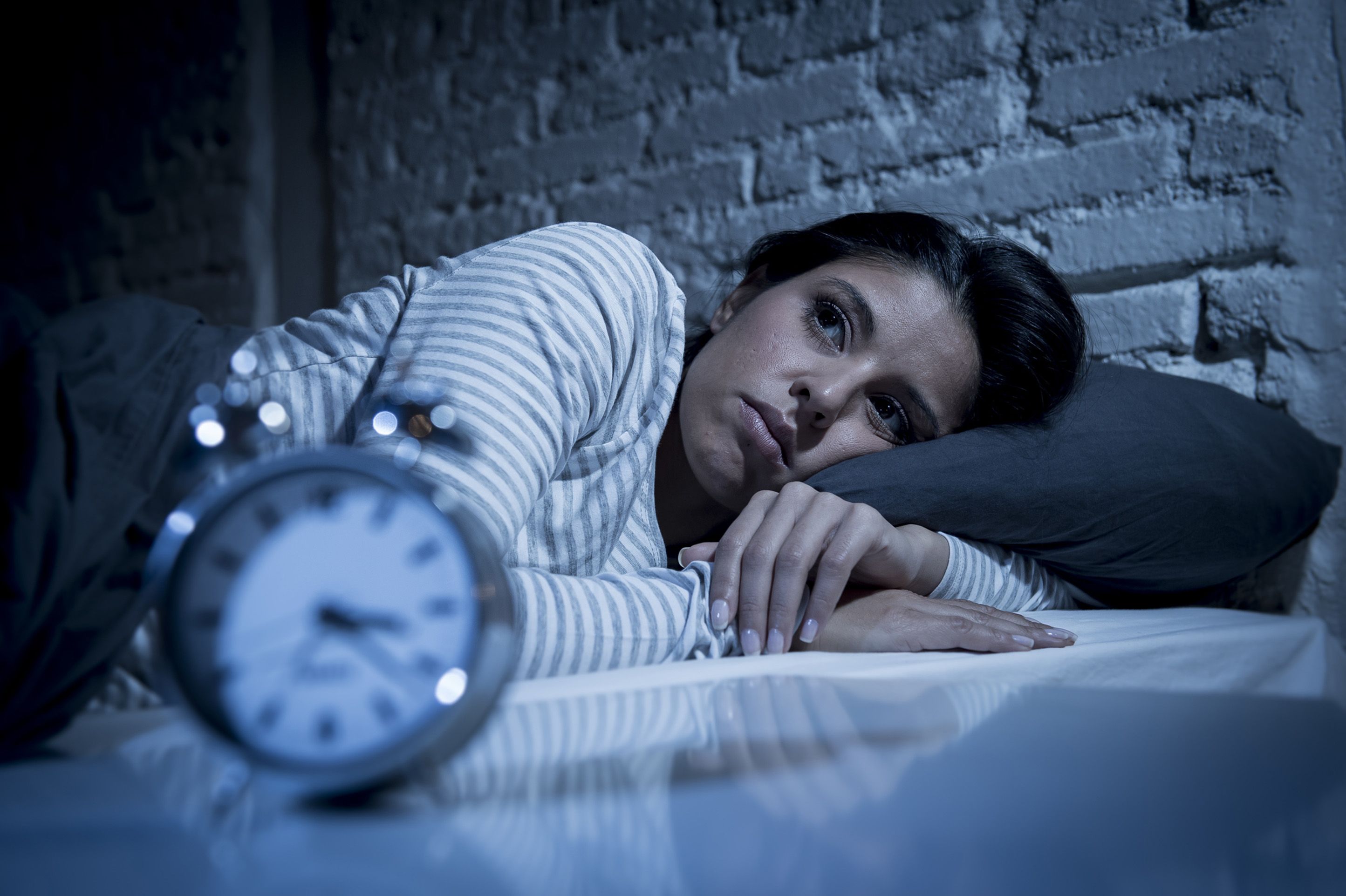Narcolepsy
Narcolepsy is a sleeping disorder that affects the part of the brain that controls the internal clock, so one will feel the need to sleep no matter how much they have slept the night before.Individuals with this disorder will most likely experience sleep attacks, where they will fall asleep during normal activities such as work, school, or even while driving a car.The sleep attacks can last anywhere between 30 seconds and 30 minutes, and they are usually uncontrollable even during stimulating activities. Those with this disorder will usually experience trouble sleeping at night, hypnagogic hallucinations at the onset of sleep, episodes of muscle weakness or paralysis, and excessive sleepiness during the day.
It can occur anytime in life, but is most common among teenagers and those in their early twenties. It has been found to be hereditary, but can also occur from a number of contributing environmental factors. There is no cure for it, but it can be well maintained with behavior changes and medications. Stimulant drugs are usually prescribed to decrease daytime sleepiness, and anti-depressants can be used to control the muscle weakness and hallucinations. Exercise, consistent sleeping habits, and a healthy diet can also help to reduce the symptoms of narcolepsy, and avoiding exciting and stimulating situations can also be beneficial.
History :
Jean-Baptiste-douard Glineau, the famous French Physician coined the French term narcolepsie first in 1880 and Narcolepsy is derived from this word.In Greek Narke means numbness in Greek and lepsis mean attack .People who suffer from narcolepsy usually find it hard to stay awake for long periods of time, irrespective of the circumstances. Narcolepsy can lead to serious disturbances in your daily routine.
Types of Narcolepsy:
The main types of Narcolepsy include the following:
Sleep disordersBrain conditionsMental illnessAdolescent conditionsUnder-diagnosed conditions
Symptoms
The symptoms of narcolepsy include the following:
* Extreme sleepiness during the day: The principal characteristic of narcolepsy is excessive drowsiness and an unmanageable need to sleep during the day. People who have narcolepsy fall asleep suddenly, without any warning, and at any time whatsoever. You might sleep for just a few minutes or say about half and hour, wake up feeling refreshed, and then fall asleep again immediately.
Apart from falling asleep at inappropriate times and places, you can also experience a reduced amount of alertness during the day. Extreme daytime drowsiness is generally the first symptom to appear and is frequently the most troublesome, making it hard for you to concentrate and function to your fullest ability.
* Abrupt loss of muscles tone: This condition is called cataplexy and can lead to a range of physical changes such as slurred speech, weakness of most muscles, and might last for a few seconds or a few minutes.
* Sleep paralysis: People suffering from narcolepsy often experience a short-term inability to move or sleep when falling asleep or on waking up. Though these episodes are very short, lasting about a couple of minutes, they can be very scary. You might be aware of the condition and have no problem recalling it later even if you do not have any control over what was happening to you.
* Hallucinations: These hallucinations are called hypnagogic hallucinations and might take place when a person suffering from narcolepsy falls into REM sleep, as he or she does at the onset of sleep at night and periodically during the daytime or on waking up. As you might be semi-awake when you start to dream, you experience your dreams as reality and these might be very vivid and frighten you.
Other characteristics
The other symptoms and signs of narcolepsy include restless nocturnal sleep and irregular automatic behavior. During the periods of automatic behavior, you continue to function during episodes of sleepyou can even talk and put things away, for examplebut you wake up with no memory of having performed those activities, and you usually do not perform these tasks well. About forty percent of people suffering from narcolepsy experience automatic behavior. People with narcolepsy may act out their dreams at night by moving their arms about and kicking and screaming.
The signs and symptoms of narcolepsy can start at any time up to your 50s, but they usually begin between the ages of 10 and 25 years. Narcolepsy is a chronic disease and this means that the symptoms and signs may differ in severity but they will not go away wholly.
Causes
The precise cause of narcolepsy is unknown. It is thought that genetics plays a main role in it. However, the larger influence might be a trigger, such as an infection, which causes the damage to certain brain cells which are important to sleep.
Normal sleep pattern versus Narcolepsy
The normal process of falling asleep starts with a phase called non-rapid eye movement (NREM) sleep. Your brain waves slow down a lot during this phase. After about an hour or two of NREM sleep, your brain activity picks up speed again and REM sleep begins. It the REM sleep phase where most of the dreaming occurs.
Impact of Narcolepsy on Children
Due to the results of research on narcolepsy, experts have started to realize that narcolepsy sometimes contributes to some childhood behavioral problems such as attention deficit hyperactivity disorder (ADHD) and has to be addressed before the behavioral problems can be resolved.
If narcolepsy is left undiagnosed and untreated, it can pose special problems for adolescents and children, by interfering with their social, psychological, and cognitive development and lowering their ability to do well at school. For some young people, low self-esteem as a result of poor academic performance can persist well into adulthood.
A group of scientists are conducting a big epidemiological study now to determine the occurrence of narcolepsy in children aged 2 to 14 years who have been diagnosed with ADHD.
Pregnancy and narcolepsy
There are innumerable challenges involved in the joys of pregnancy and those are intensified due to narcolepsy. Women suffering from narcolepsy can have a very difficult time during pregnancy as they will not be able to have medications from the time they decide to conceive till the birth. There are risks associated with going off narcolepsy medicines, but the risks differ from drug to drug. The most serious effects are felt when the anti-depressants treating cataplexy are not take.
Lifestyle and home remedies
Lifestyle changes are important in order to manage narcolepsy symptoms. You might benefit from these steps:
* Stick to a fixed schedule: Sleep and wake up at the same time everyday, including weekends.
* Take naps: Short napsabout 20 minutesscheduled at regular intervals will make you feel refreshed and fight off sleep for one to three hours.
* Avoid nicotine and alcohol: Using these can make your symptoms worse.
* Get regular exercise: regular exercise about four or five hours before you sleep at night might help you to feel more awake during the day and sleep better at night.
Narcolepsy has no cure, but lifestyle modifications and the following medications might help:
Narcolepsy Therapy
Drug therapy
* Stimulants: Drugs which stimulate the central nervous system are the main treatment to help people with narcolepsy stay awake during the day. Modafinil (Provigil), a newer stimulant, is not as addictive and does not produce the highs and lows often associated with older stimulants.
* Antidepressants: These suppress REM sleep, help alleviate the symptoms of cataplexy, hypnagogic hallucinations and sleep paralysis.
* Sodium oxybate (Xyrem): This controls cataplexy in people with narcolepsy. Sodium oxybate helps to improve nighttime sleep, which is often poor in narcolepsy. In high doses it may also help control daytime sleepiness, even though you take it only at night.
Narcolepsy Diet:
While suffering from narcolepsy, it is very important to avoid consumption of such food that contains toxins.Your diet should comprise of vegetable juices, unrefined sea salt etc.Also, try your best to stick to a low carb meal.
If you have other health problems, such as high blood pressure or diabetes, you should ask your doctor how medications for existing conditions may interact with those taken for narcolepsy.
Certain over-the-counter drugs, such as allergy and cold medications, can cause sleepiness as a side effect. If you have narcolepsy, your doctor will recommend that you avoid taking these medications.
Research
Research shows that narcolepsy is seen by both men and women, belonging to different age categories. About 0.5% of population gets affected by Narcolepsy. Researchers have identified the gene responsible for causing narcolepsy and also the small portion of the brain that controls sleepiness.
Statistics
About 3 million people from all over the world are estimated to be suffering from narcolepsy. In the US, more two hundred thousand people are affected by Narcolepsy of which as low as 50,000 are diagnosed only.

